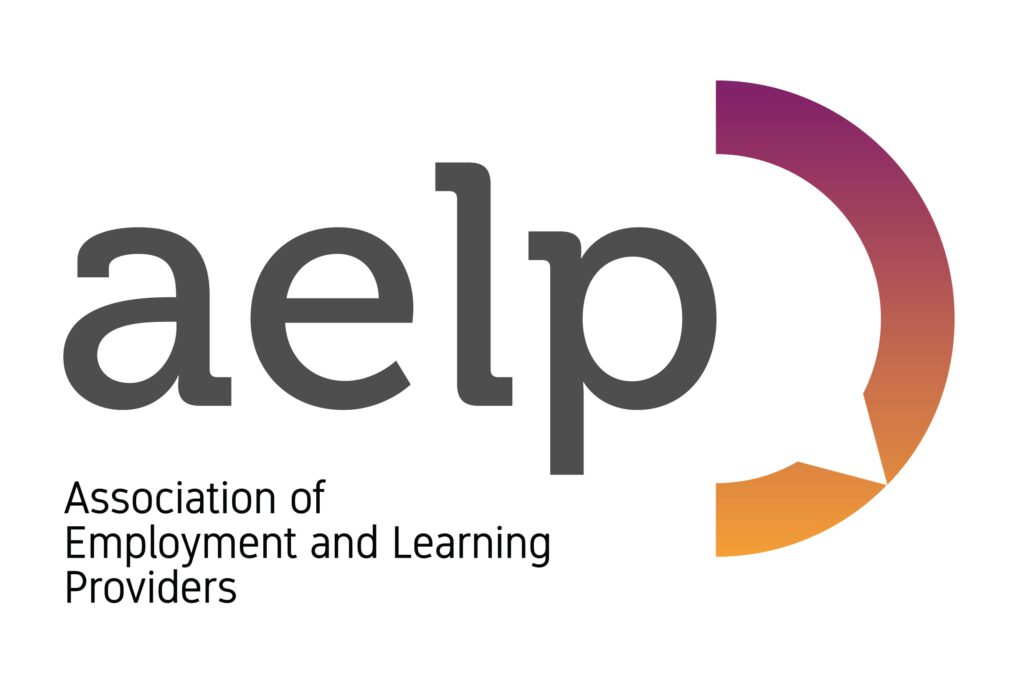Last chance saloon means subcontracting rules for the sector must be tightened up

Clearer expectations for the lead contractor of a government funded skills programme should be set out and complied with as the way of ensuring integrity in the subcontracting arrangements that are commonplace in the further education and skills sector.
In a submission to the Department for Education (DfE) and the Education and Skills Funding Agency (ESFA), the Association of Employment and Learning Providers (AELP) has argued that despite reported instances of malpractice and understandable frustration over unjustifiable management fees that some main providers top-slice before passing on the funding to the subcontractor, subcontracting should remain a feature of the system because it serves the interests of employers wanting the training.
AELP maintains that there is plenty of good practice in subcontracting but it would be more likely to be the norm if all main providers had to comply with new ESFA rules based on AELP’s recommendations which would improve quality and accountability. AELP also believes that Ofsted’s current review of subcontracting should also take the recommendations on board with a view to compliance being a focus in future inspections.
The AELP submission makes the following five key recommendations:
- Subcontracting has become an integral element of the FE system for a range of different reasons. The vast majority of subcontracting is high quality, meets the needs of employers and there is a true partnership between the different parties involved in the arrangement. Therefore the ESFA must not take a damagingly blunt approach to address the behaviours of a small number of main providers or their subcontractors. The ESFA’s response to inappropriate behaviour should be proactive and decisive, but proportionate.
- The general term “subcontracting” has been used as a broad-brush definition which does not recognise the complex and often unique range of arrangements in place to meet the diverse needs of employers. There needs to be clarity on the different types of subcontracting and what is and what isn’t a subcontract to help alleviate confusion across the sector, including with employers.
- The ESFA should introduce a maximum cap on fees and charges to block the profiteering of a small number of providers who commoditise their privileged access to government funding and ensure value for money. The cap should be clearly seen as a maximum rate and not the acceptable benchmark. Such an approach could mirror the ESFA arrangements on the cost of end point assessment.
- There should be a clear policy on management fees and charges being only applicable to core funding and not additional funding designed to support specific groups of learners or to support certain additional needs. Furthermore, where identified the ESFA should procure funding from providers that is continuously subcontracted out on a transitional basis. This would reduce the loss of funding on unnecessary management fees/charges, whilst allowing more funding to be spent on delivering high quality front line provision to support additional learners.
- The requirement and expectations of main providers who subcontract out government funding to be much more robust in order to ensure appropriate oversight of the provision. AELP with a representative group of its members has produced a detailed checklist of the minimum expectations of the main provider which is significantly above and beyond the current ESFA rules which should be adopted across the sector. The ESFA and Ofsted should be more explicit in terms of their expectations and the role of the main provider from a compliance and quality perspective of all subcontracting partnerships.
AELP CEO Mark Dawe said:
“Recent examples of subcontracting malpractice do not justify at all a call for an outright ban on subcontracting in the sector, but a much more robust approach on the part of the ESFA and Ofsted would make a huge difference in stopping further examples occurring.
“Over the last ten years, AELP feels that the ESFA has rather dragged its heels in making the required changes needed in its funding rules to put the issue to bed and we are probably now in the last chance saloon. By incorporating the recommendations in our submission into its rules, the agency can avoid ministers demanding a ban and at the same time offer assurance to employers and learners that the maximum amount of funding is reaching frontline provision.”
In the AELP submission, the proposed expectations for a main provider to maintain a collaborative and transparent partnership with a subcontractor cover:
- Acceptable fees, charges and additional services
- Quality monitoring and quality assurance
- MIS, audit and ILR services
- Contracting / contract management.
AELP calls again for fees and charges not to exceed 20% of the funding – a recommendation that has been adopted by the GLA and other mayoral combined authorities but has been resisted by the ESFA for national skills programmes.
Mark Dawe added:
“Let’s have no more prevarication around this issue which has been damaging the sector’s reputation for far too long. Change the rules now!”
Simon Ashworth speaks about Subcontracting https://t.co/NCysZnCTWC pic.twitter.com/6f8HskmE8a
— FE Careers & Apprenticeship Job Search (@FEcareers) June 26, 2018











Responses